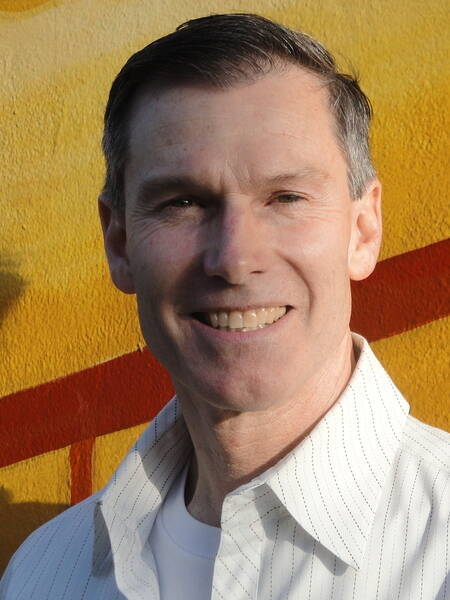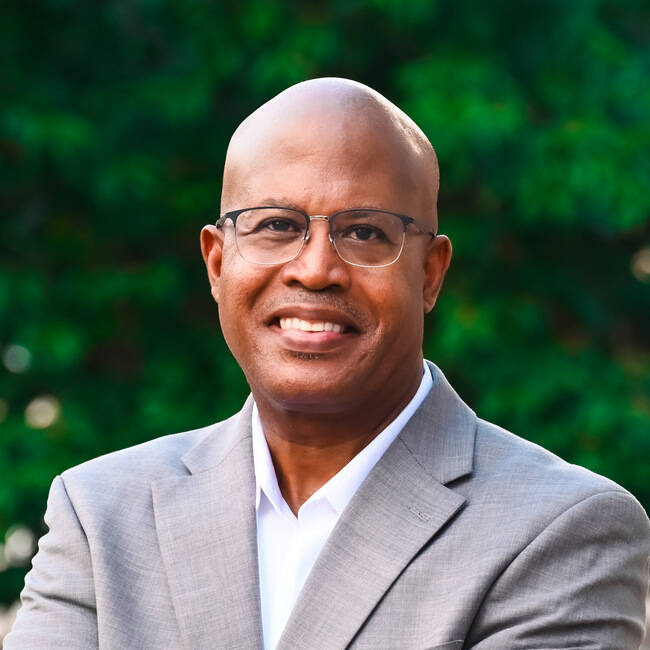Bill was so informative, interactive and engaging. Everyone seemed excited about the information that was presented. Thanks again for all of your assistance and we look forward to the possibility of future work with Premiere Speakers.

Bill McBride
Inspires and Engages Today's Students
Featured Topics
Fee Range
Please contact us for pricingTravels From
San Francisco, CA, US
Bill McBride
Biography
Before becoming an internationally-known teacher trainer, Bill worked in a variety of public and university settings. In middle and secondary schools, he has served as a Reading Specialist, English, Social Studies and Drama teacher, and Gifted and Talented instructor. Bill won numerous awards for his teaching skills. On the university level, Bill assisted in the training and evaluation of middle and secondary English teachers. He holds a Masters in Reading and a Ph.D. in Curriculum and Instruction from the University of North Carolina at Chapel Hill.
Though he grew up in the South, Bill McBride has lived in places as varied as Germany, Illinois, and California. After leaving the classroom, he spent six years developing and writing textbooks as an editor for a major school publisher. He then became a National Reading Consultant for Houghton Mifflin Publishing for nine years.
Six years ago Bill became an independent consultant. He has published a number of books including: PowerWords Vocabulary Development, Building Literacy in Social Studies, and If They Can Argue Well, They Can Write Well. He is perhaps best known for his heart-warming novel about a burned-out teacher who becomes re-inspired with both his profession and his life. Entitled Entertaining an Elephant, the novel is now in its 16th printing, having sold over 75,000 copies.
Bill is well known both nationally and internationally as a highly motivational speaker and presenter of innovative teaching methodologies. He speaks and train teachers on such topics as Teaching to Gender Differences, Engaging the Disengaged Student, Literacy in the Content Areas, and Using Debate to Teach Internet Research, Critical Thinking, and Persuasive Writing.
Bill McBride
Featured Keynote Programs
KEYNOTE
Turning Word Losers into Word Lovers
Students who are reading content area texts are immersed in difficult concepts—abstract -isms, foreign terms, scientific and mathematical words, and concepts about which students have little prior knowledge. This highly entertaining keynote describes why English is a difficult language to learn, what doesn’t work in teaching words with older students, and what it means to “know” a word. Using humorous examples, teachers will discover classroom practices that help students increase the joy of learning words.
KEYNOTE
Hold Fast to Dreams
Whom do our students look up to? Are they mostly impressed by figures in the media and sports? If they only have these unrealistic representations as models of morality and behavior, what kind of people will they become? Perhaps giving students models of compassion, service, and tolerance is just as important as raising test scores. Perhaps the most important job we do as teachers is not passing on knowledge, but passing on the wisdom to use that knowledge to make the world a more compassionate place.
KEYNOTE
Teaching to Gender Differences.
Many boys are failing in our schools. Statistics clearly show that boys make up the bulk of our discipline problems, drop outs, and even inmates. Schools may be contributing to these failure rates by not considering differences in male and female brain development. Gender differences in brain development affect our children’s' behavior, emotions, and ability to process information. Dr. McBride's speech will weave humor with specific strategies to promote instruction that supports both male and female brains.
KEYNOTE
Getting Students Involved in Learning
Today's students see more and more of a disconnect between school environments and the outside world. Recent research identifies six environmental stimuli that get the brain's attention--stimuli that are inherent in most pieces of technology. Teachers, however, rarely employ these elements in their teaching to increase student engagement. This highly entertaining speech will model just how engaging learning can be when classroom activities have the impact of a video game.


















